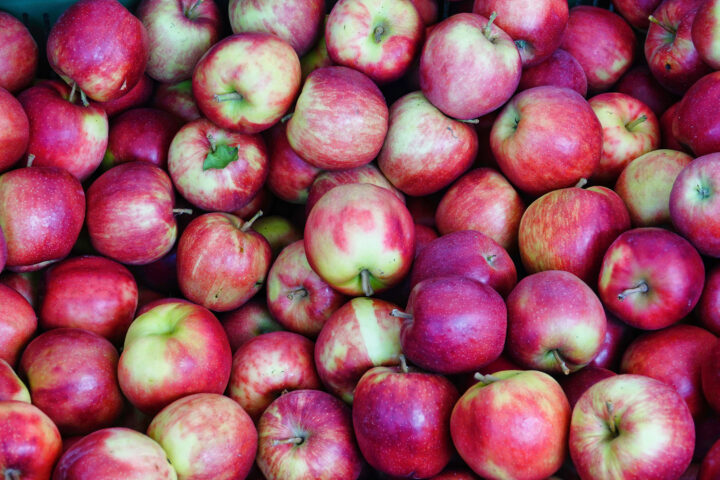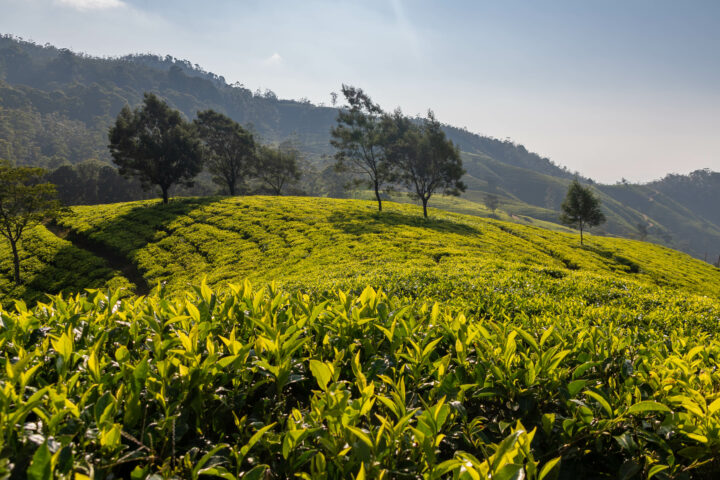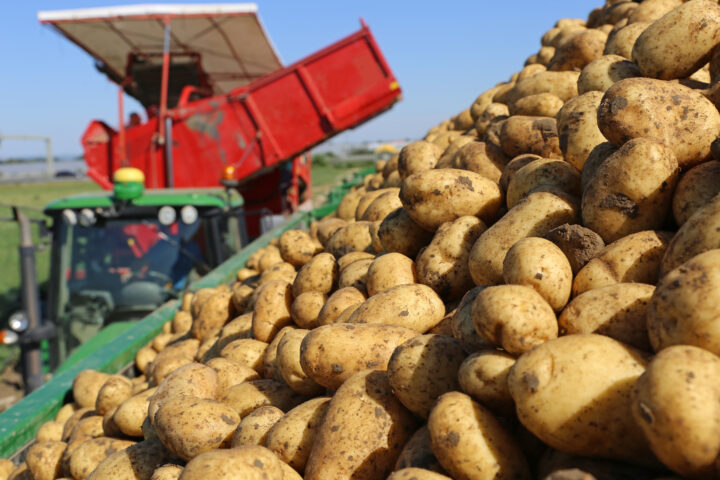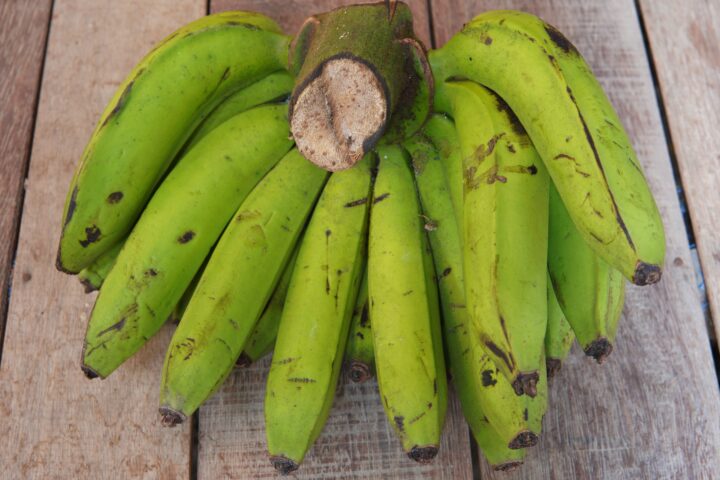
According to the Director of the Federal Office for Agriculture, “every second meal is imported”
The coronavirus pandemic, the Ukraine war and the energy crisis have all brought the vulnerability of supply chains into sharp relief. In an interview with the Tages-Anzeiger, the Director of the Federal Office for Agriculture, Christian Hofer, warns against becoming too dependent on food imports. Switzerland must take care of its food security.
Tuesday, November 8, 2022
According to Hofer, the Ukraine war has shown just how great the dangers are of relying on a single source when it comes to food supply. Countries that sourced practically all of their wheat from Ukraine suddenly had to worry about their food security. This must not happen to Switzerland. Alongside diversified food imports and a good trading relationship, Switzerland also needs strong domestic production. Hofer draws parallels with the looming energy shortages: “Thanks to our high purchasing power, we are in a comfortable position to be able to buy enough food on the global market. However, we should not expect what is on the table to be the same as we are used to”. According to Hofer, long-term power outages would also affect food production, likely leading to a supply crisis.
Constant self-sufficiency thanks to innovation
Switzerland must take care of its food security. This requires strong domestic production. However, the small amount of space available per capita poses a challenge. This is where innovative technologies come in. In spite of a 30% increase in population over the last 30 years, Switzerland has managed to keep its level of self-sufficiency relatively stable at around 50% in recent decades. “Production has, by and large, managed to keep step with growing demand as a result of technical advancements and innovation.” However, as Hofer points out, “for every second meal brought to the table, Switzerland imports food from abroad”.
Need to boost production
But how can Switzerland increase its level of self-sufficiency? “Production needs to be boosted through investments in breeding and technology, for example, but we also need to ensure healthy and sustainable consumption,” says Hofer. For example, the reduction of food waste offers a great deal of potential. People in Switzerland currently waste a third of their food. Existing arable land could also be used more efficiently. Sixty per cent of this land is set aside for growing animal feed. If more plants were grown for human consumption, the level of self-sufficiency could be increased.
Good to know
More arable farming means a greater need for plant protection products. However, approval is being withdrawn for more and more products. This is causing serious problems for the cultivation of many crops such as Brussels sprouts and onions. Swiss policy is inconsistent and even contradictory in this regard. It runs counter to people’s need for more local and affordable food.
Sources
Related articles

Where the focus lies in apple breeding
The new head of Agroscope's fruit breeding research group is Andrea Patocchi. In an interview with the trade journal Obst + Wein, he explains where the focus of apple breeding lies today.

Chinese robot picks tea
There is a shortage of tea pickers in China. A robot developed by a researcher is set to remedy the situation and take over the work in future. Thanks to artificial intelligence, the machine can even recognise the shoots of the tea plant. The first harvesting robots are also already being developed in Switzerland.

Potato farmers want robust varieties
As the use of pesticides is to be massively reduced, the potato industry now wants to focus on more robust varieties. The industry has even concluded a target agreement with the federal government. This is ambitious: By 2040, robust varieties are to thrive on 80% of potato cultivation areas.

How genetic engineering is saving the Cavendish banana
The most popular banana variety - the so-called Cavendish banana - could soon disappear due to a persistent fungus. Australian researchers have developed a solution based on genetic engineering.

